Last week, I met up with some former colleagues, most of whom now run their own companies, offering professional services like management consulting, advertising design, game outsourcing, etc. Naturally, we discussed recent trends in artificial intelligence, such as ChatGPT and Midjourney, and whether using AI tools would help reduce labor costs.
While everyone shared the desire to use AI, we all acknowledged that it is unlikely to replace human workers in the near future. AI-generated images still require human touch-ups, and ChatGPT’s text output is often too general and needs to be condensed for customer proposals.
However, we all agreed that AI technology is progressing at a fast pace. It has gone from being almost unavailable to modified and commercially available in just a few months. It is hard to predict where AI technology will take us.

But the problem of trust in AI cannot be solely solved through technological progress. The content produced by AI is not always controllable, and there are limitations to its ability to meet the predictable and controllable requirements of human work. As I wrote in an article a few years ago, excellent employees have three levels of value systems: predictable, predictable and controllable. AI has difficulty meeting the predictable requirement in the present, and it will be even harder to meet the observable requirements in the future (such as interpersonal skills and company culture).
Therefore, if you want to ensure that your work is not replaced by AI, you should focus on leveraging human advantages, especially in the areas of predictability and controllability.
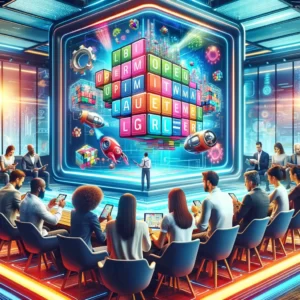


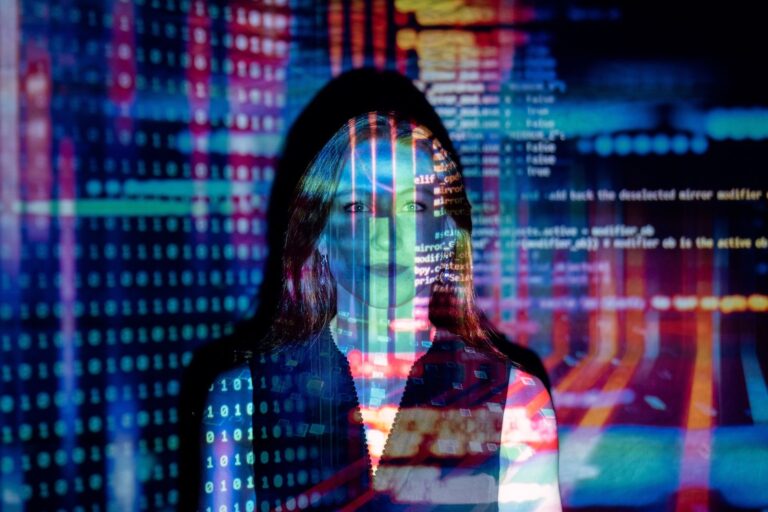

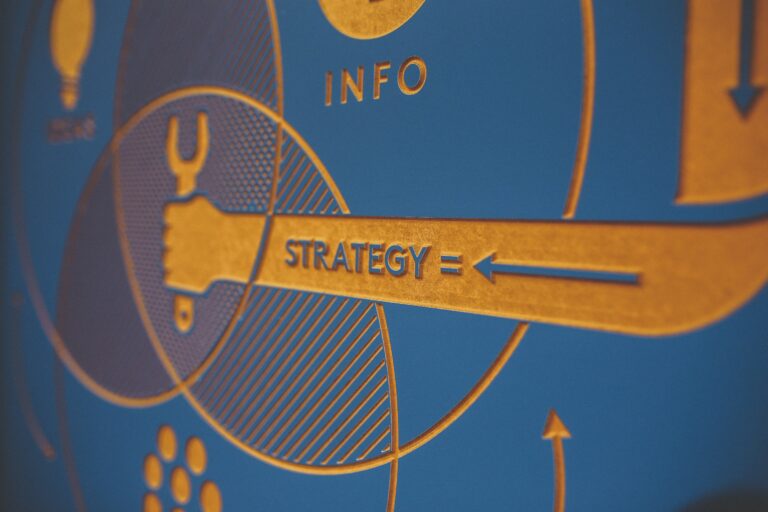


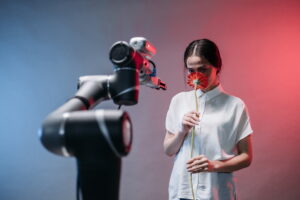

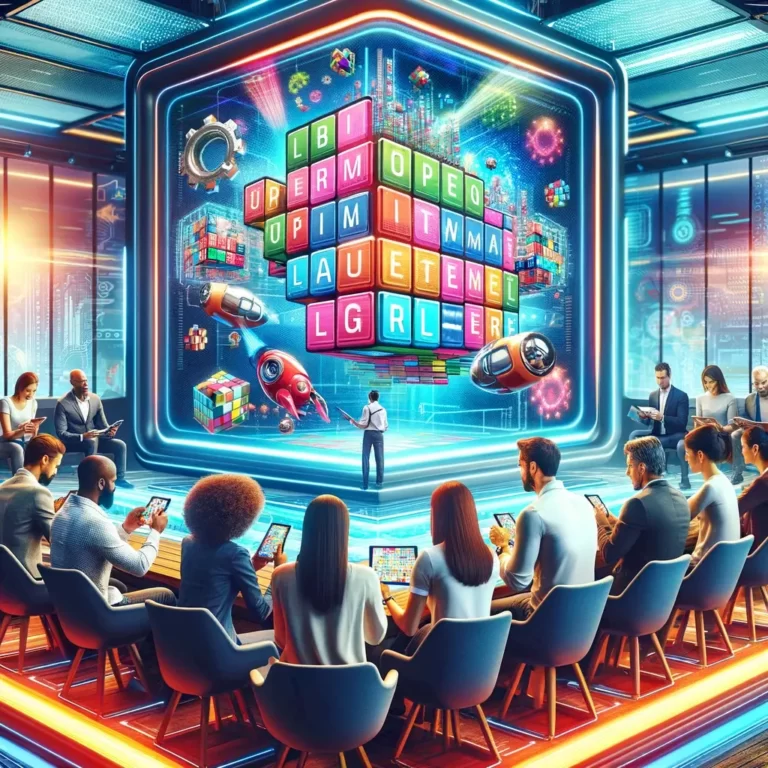

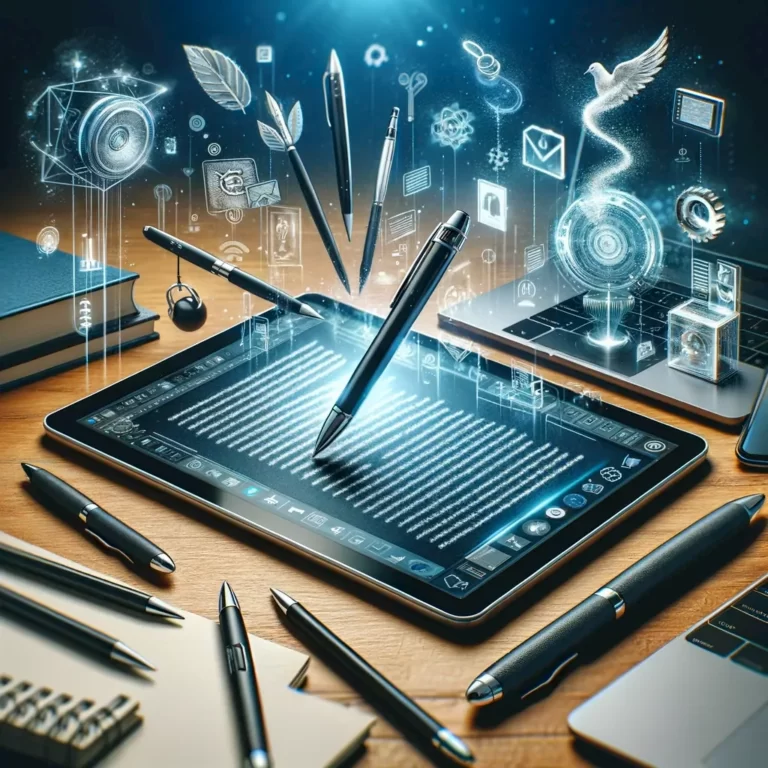


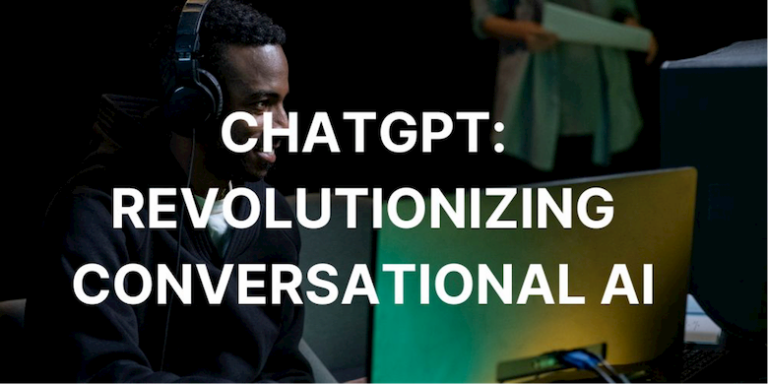
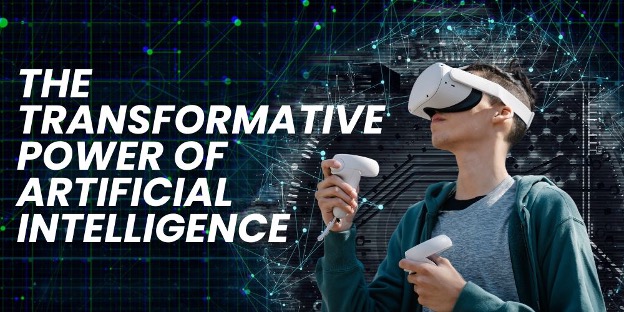
+ There are no comments
Add yours